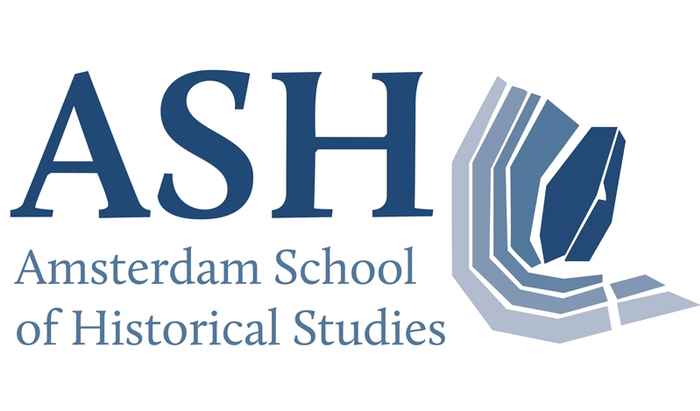PhD Vacancy: Abrahamic Entanglements: Intersections of Religion and Philosophy
9 September 2024

The capacity group Religious Studies/Hermetica (part of the department of History, European Studies, and Religious Studies/Hermetica) has deep expertise in the history of study of religion, spirituality and esotericism, and their manifestations in contemporary society, with a developing specialisation in Islam. The Center for the History of Hermetic Philosophy and Related Currents, which hosts five full-time, internationally renowned specialists in the study of esotericism and the occult sciences from antiquity to the present day, is embedded in this capacity group. Students at Religious Studies/Hermetica thus are afforded terrific opportunities to learn about these topics in Amsterdam, and to partake of the manifold resources offered by other Dutch universities in the area (such as the Vrije Universiteit, Utrecht, and Leiden) in the study of religion, philosophy, and culture in antiquity and the Middle Ages.
What are you going to do?
The candidate’s project will address the intersections of religion and philosophy in, between, and beyond the Abrahamic traditions (Judaism, Christianity, and Islam) in the First Millennium CE. Suggested topics could include the evolution, transformation, and reception of Plato, Aristotle, later Greek philosophy (such as Neoplatonism), Gnostica, and Hermetica in the construction of belief systems and practices within the Abrahamic traditions; the entanglement of Jewish, Christian, Manichaean, and/or philosophical systems in the formation of early Islam; or the development of First Millennium-Coptic literature (monastic, apocryphal, magical, theological) in the context of the Islamicate Egypt.
Your experience and profile
Candidates need to have the following qualifications:
-
a completed Master's degree in religious studies, philosophy, classics, or near eastern languages and civilizations or a comparable discipline. You may apply if you have not yet received your MA diploma, but only if you can provide an official signed letter from your university stating that you have met all criteria for obtaining your master’s degree and will graduate before 1 February 2025;
-
excellent research skills demonstrated by an outstanding Master's thesis and a demonstrable capacity to develop a track record of publishing in high-ranking journals and/or with leading presses;
-
a strong cooperative attitude and willingness to engage in collaborative research;
-
enthusiasm for communicating academic research to non-academic audiences;
-
excellent command of academic English, and at least one of the following research languages: Arabic, Coptic, Greek, Hebrew, Middle Persian, or Syriac
-
The applicant is encouraged to express in the application a willingness to take on further language study as part of the doctoral training.